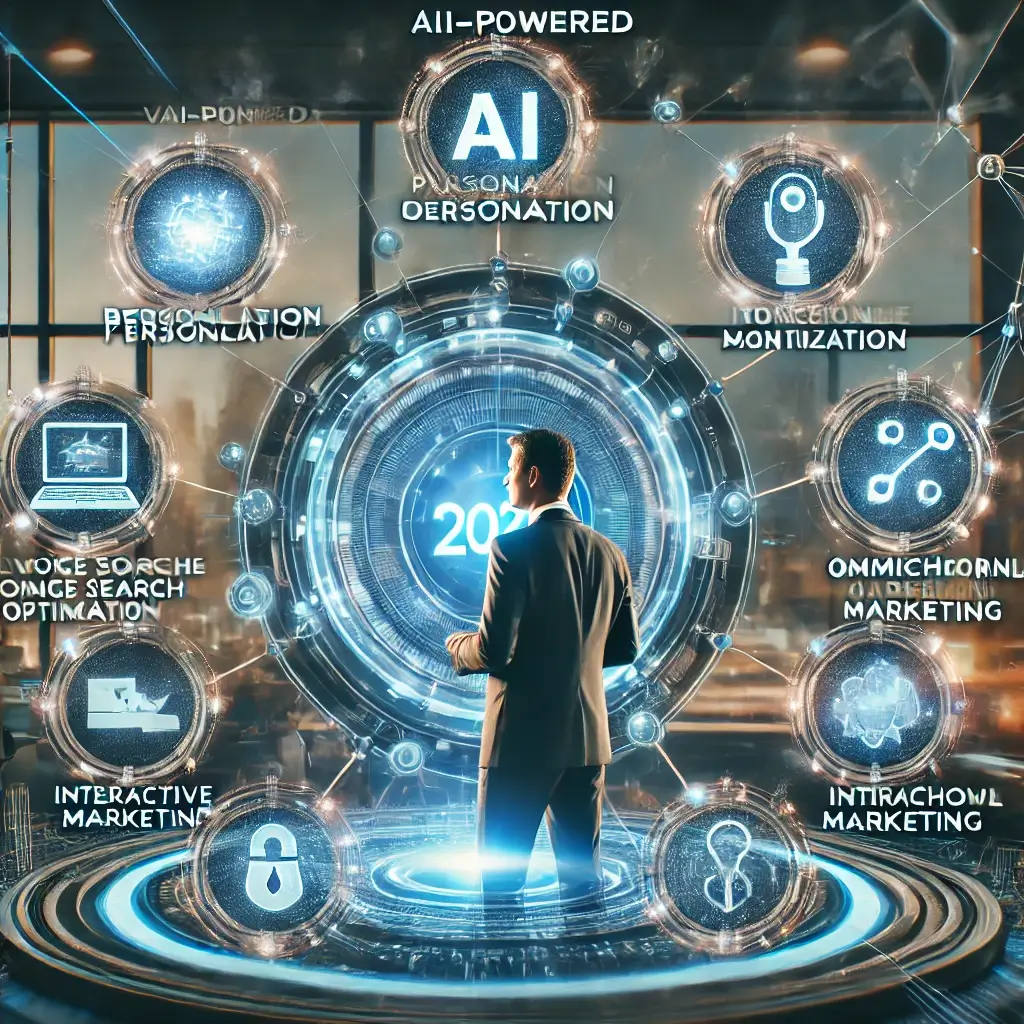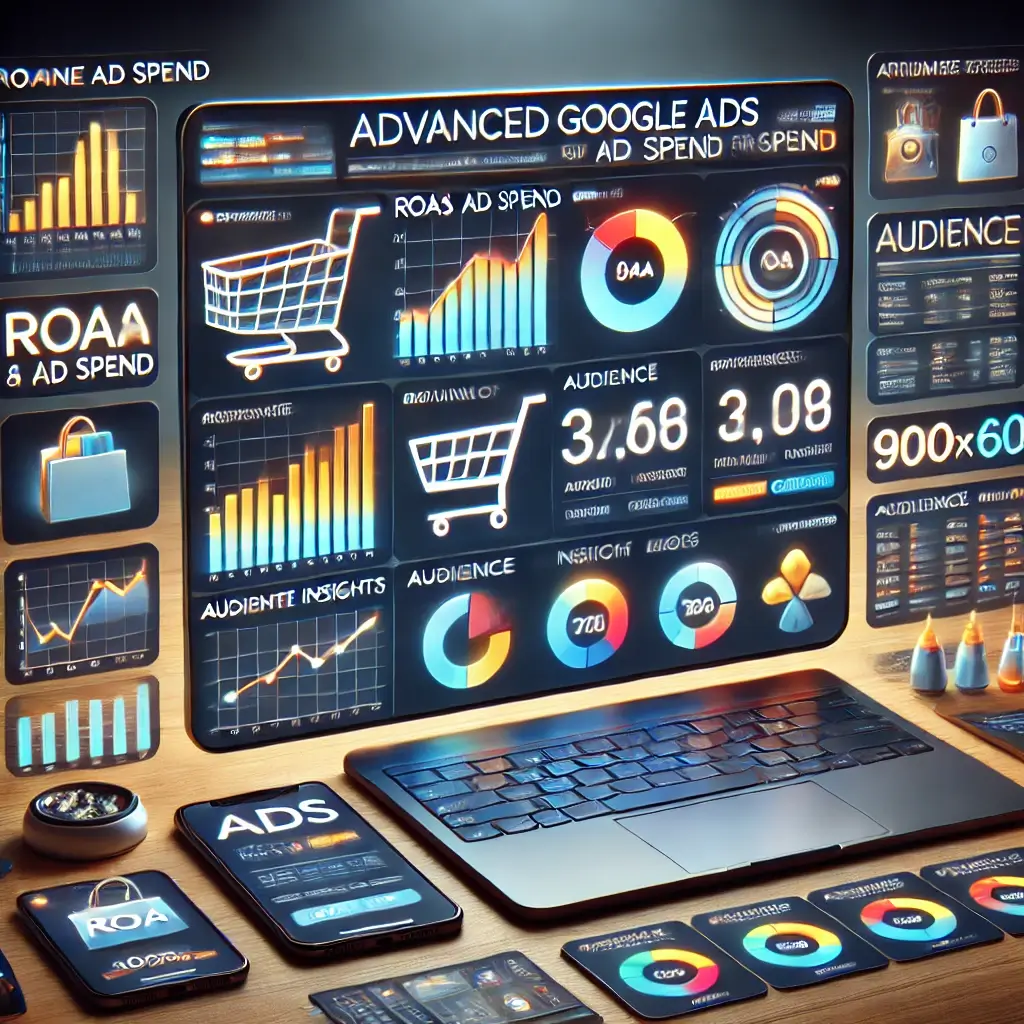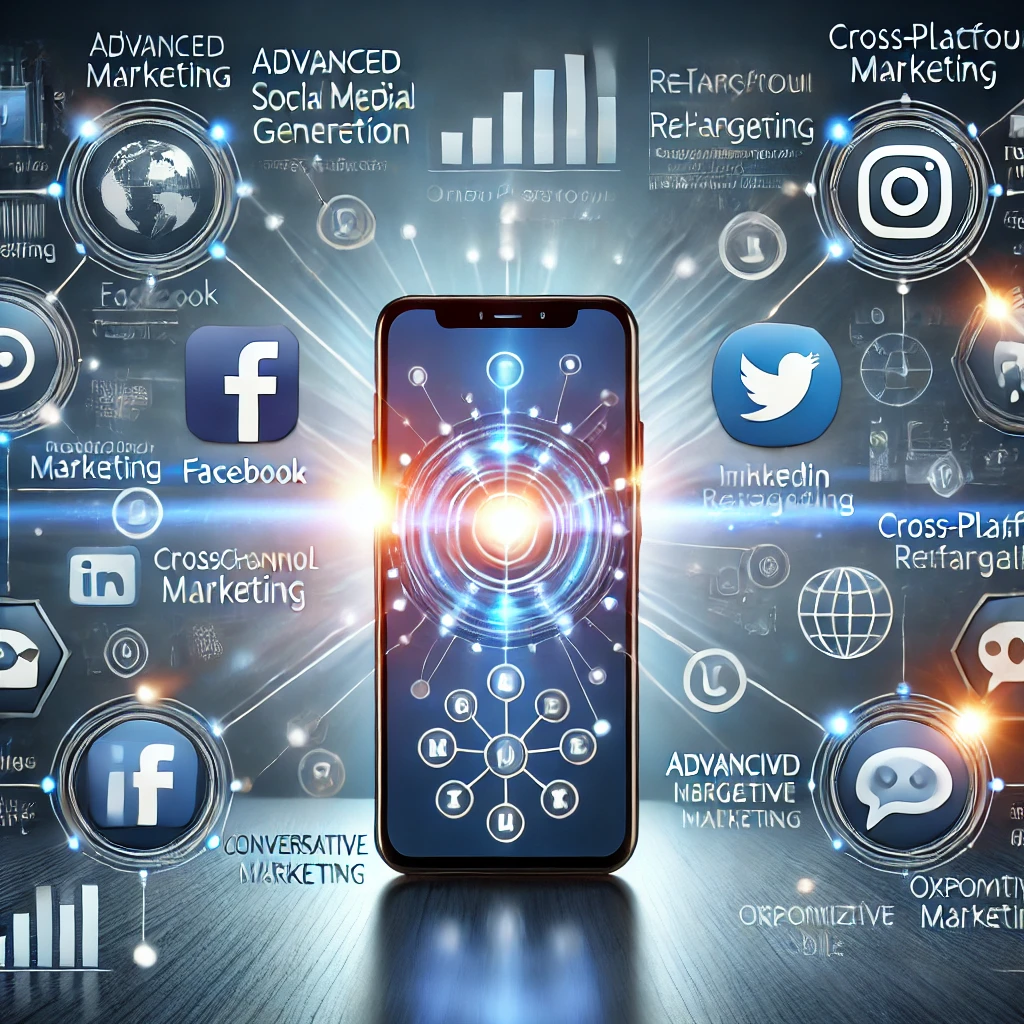There will be a lot of shifts in digital marketing technologies over the next five years, and marketers will need to adjust their approaches accordingly. Improvements in AI and ML will enable features like voice recognition and make chatbots more lifelike to human users. It’s predicted that voice bots will boost brand engagement and sales. Advertisers also have to deal with another critical problem: fraud in the advertising industry. To prevent the annual loss of $19 million that this issue causes for marketers, digital marketers need to provide solutions. It is easier to monitor and verify the legitimacy of advertising campaigns with the help of blockchain anti-fraud platforms.
The landscape of social media is dynamic, and it will remain so. Marketers must be more present on social media and keep existing customers happy as social media usage grows. One approach uses Customer Relationship Marketing Return on Investment (CRMROI) software. The popularity of online social marketplaces is yet another development. Purchases are being made on social media platforms by an ever-growing number of consumers. Marketing items on social media sites like Facebook and Twitter will necessitate employing cutting-edge tools and methods.
To reach more customers, marketers can take advantage of digital marketing technology. Since advertising and technology are constantly developing, it is up to business owners to figure out how to use these new tools to their advantage. However, digital marketing differs from traditional marketing, so knowing when to apply what strategies are crucial.
The fascinating new routes that the industry will take due to these recent technological advancements in digital marketing are already apparent. As more and more people use technologies like drones and augmented reality goggles, businesses will need to reevaluate their strategies for reaching their target audiences. Similarly, wearables are the cutting edge of IT development. For those working in content marketing, the opportunities are practically boundless. Therefore, learning about and keeping abreast of these changes is critical to remain ahead of the pace.
In today’s digital era, personalized content is a part of any successful marketing strategy. Marketers can analyze information more quickly with the support of customer data platforms. These systems learn from user activities to provide relevant data interactions and tailor content to each step of the omnichannel customer journey. Platforms like these can glean user information and gradually enhance their services based on what they learn.
Artificial intelligence (AI) is another developing tool for advertising. It can perform precise analyses and has applications in chatbots and NLP. Additionally, it can make custom customer segments and send out instant push notifications. The data can also be used to assist businesses in learning more about their customers’ purchasing tendencies. The marketing criteria of a company can be fed into an AI system, and from there, a novel advertising campaign can be designed and implemented.
There has been a recent influx of wearable technology into digital marketing software. The Oculus Rift is just one example of a wearable device that has the potential to pique customers’ interest. IKEA is just one company that has started using VR to promote its products and services. In addition, virtual reality presents a fantastic chance for advertisers to use location-based content.




